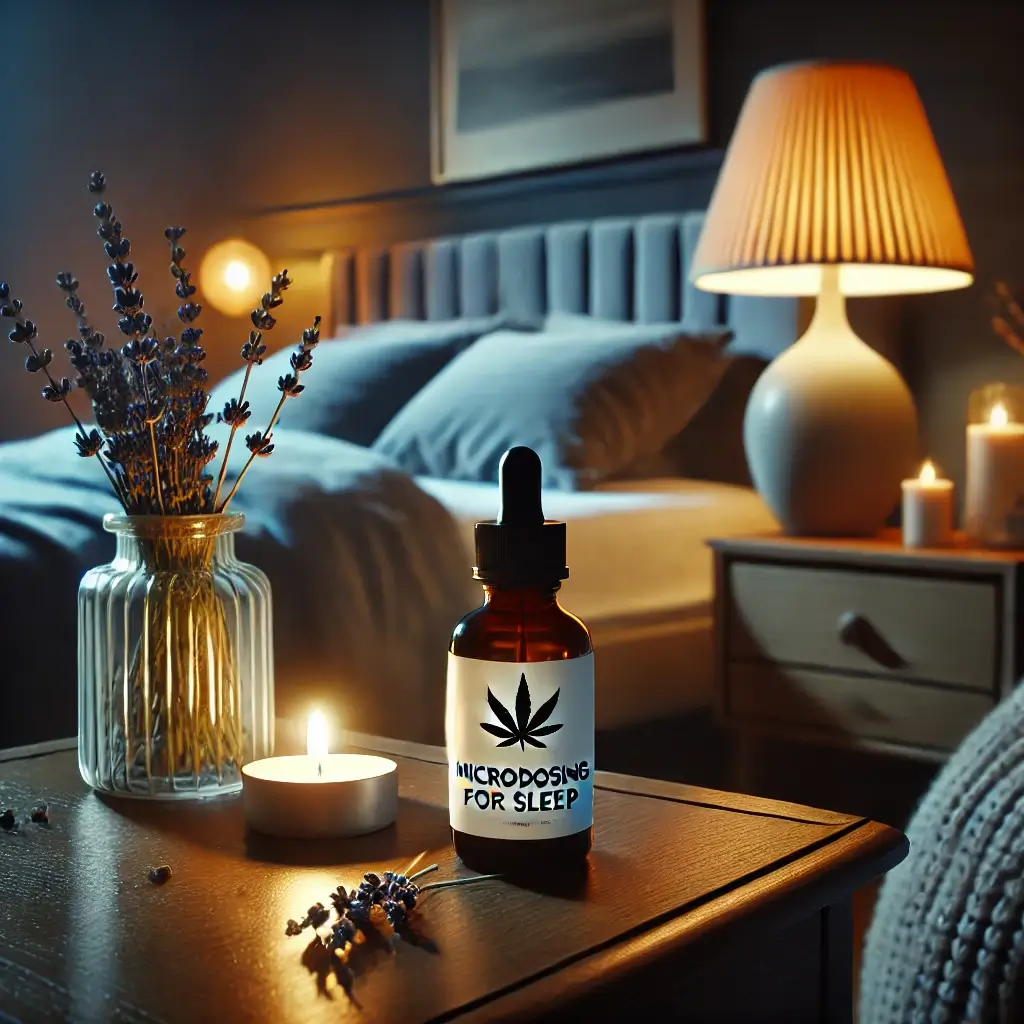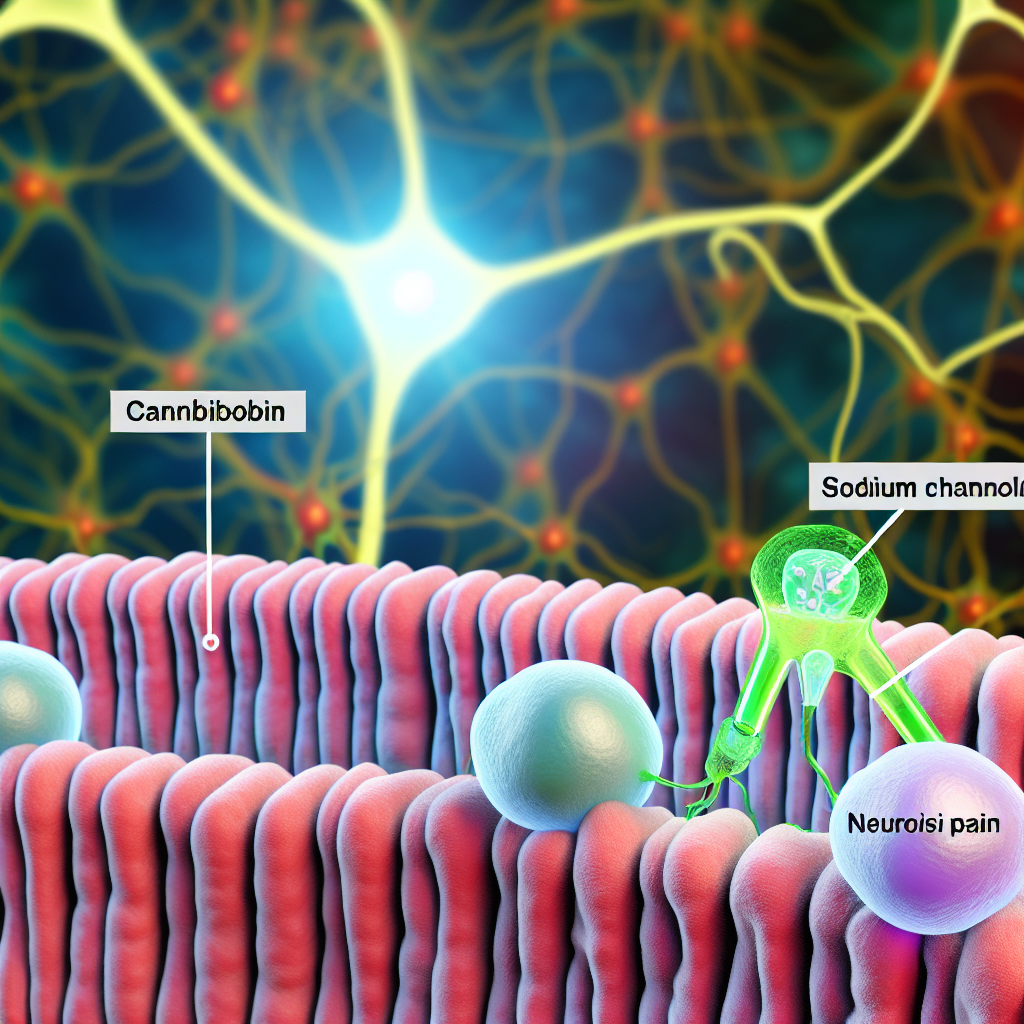Understanding Cannabis Microdosing for Sleep
In the pursuit of restful sleep, cannabis microdosing has become a valuable approach for individuals who seek to improve sleep quality without experiencing the intoxicating effects of traditional cannabis use. Microdosing involves taking small controlled doses of cannabinoids, typically between 2-10 mg of THC, which can provide therapeutic benefits without impairing cognitive function. This method is especially appealing to those with sleep disorders or chronic sleep disturbances, as it offers a gentler, low-risk alternative to pharmaceutical sleep aids.
Impact on Endocannabinoid System and Sleep Patterns
Cannabis impacts the endocannabinoid system (ECS), which plays a critical role in regulating sleep patterns, circadian rhythms, and overall sleep quality. Studies have shown that microdosing can influence CB1 receptors in the brain, enhancing the ECS’s ability to support relaxation and sleep initiation. By activating these pathways without overwhelming them, microdosing can help reduce sleep latency, minimize nocturnal awakenings, and promote deeper sleep stages. Research published in the Journal of Clinical Pharmacology and other scientific outlets supports the notion that cannabis microdosing can effectively address sleep disturbances, especially for those who need to maintain mental clarity during the day.
Benefits for Insomnia and Sleep Disruption
For individuals struggling with insomnia or disrupted sleep, microdosing offers a balanced approach. It allows for gradual symptom relief without the risk of daytime drowsiness, which is often a side effect of conventional sleep aids. This article will explore the science behind cannabis microdosing for sleep, its clinical applications, and recent research on its benefits for sleep quality.
Latest Research and Clinical Applications
Research into cannabis microdosing has revealed promising results for sleep improvement, with low-dose THC playing a pivotal role in sleep regulation. Findings from the Journal of Clinical Pharmacology indicate that cannabis microdosing can enhance CB1 receptor sensitivity, promoting the body’s natural capacity to initiate and maintain sleep. Unlike larger doses of THC, which may lead to grogginess or disturbed REM sleep, microdosing provides a controlled, subtle activation of the ECS, allowing for a smoother, restorative sleep cycle.
Effective Dosing Protocols and Clinical Studies
Clinical studies highlight specific dosing ranges that appear most effective for sleep. For instance, doses between 2-5 mg of THC have shown to help reduce sleep latency, making it easier to fall asleep without cognitive impairment. Additionally, these doses have been associated with longer periods of deep sleep, a critical factor for physical recovery and mental clarity. This low-dose approach minimizes the likelihood of developing tolerance or dependency, which is a common concern with higher cannabis doses and many pharmaceutical sleep aids.
Implementation of Sleep-Focused Protocols
Current protocols for sleep-focused microdosing often begin with an initial dosing phase, where patients experiment with doses between 2-5 mg of THC about one hour before bed. During this period, patients track sleep quality and adjust doses based on nightly feedback, allowing them to find an optimal balance for their unique sleep needs. Maintenance protocols then help ensure continued effectiveness over time, making adjustments as necessary to avoid tolerance buildup.
Industry Developments and Ongoing Research
Recent legislative changes in the cannabis industry have further bolstered research into sleep-related applications. For instance, new product formulations designed specifically for sleep now incorporate low-dose cannabinoids, offering targeted solutions for those with insomnia or circadian rhythm disruptions. Clinical trials are currently underway to better understand the long-term effects of cannabis microdosing on sleep health, with preliminary results suggesting benefits such as improved sleep duration, lessened nocturnal awakenings, and increased time spent in restorative sleep stages.
Summary and Future Implications
In conclusion, cannabis microdosing presents a promising approach for improving sleep quality and addressing common sleep disturbances. By enhancing CB1 receptor sensitivity and supporting the natural sleep-wake cycle, low-dose THC may offer a sustainable, effective alternative for those struggling with sleep issues. For optimal results, patients should work closely with healthcare providers to establish a personalized dosing plan that supports their individual sleep goals.




